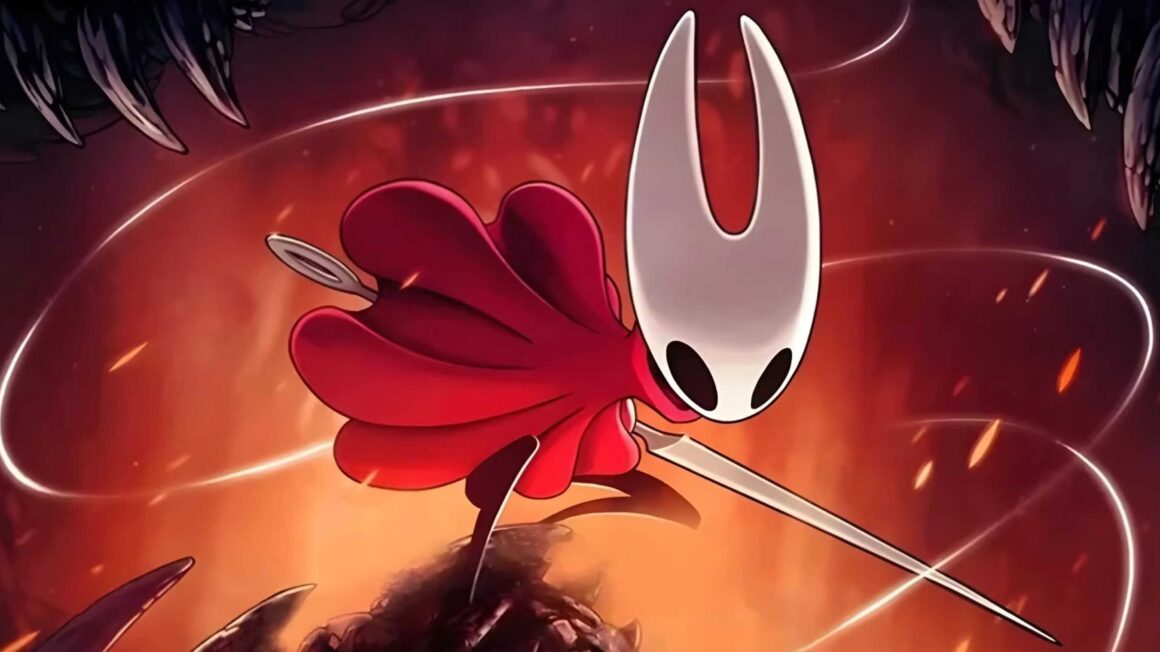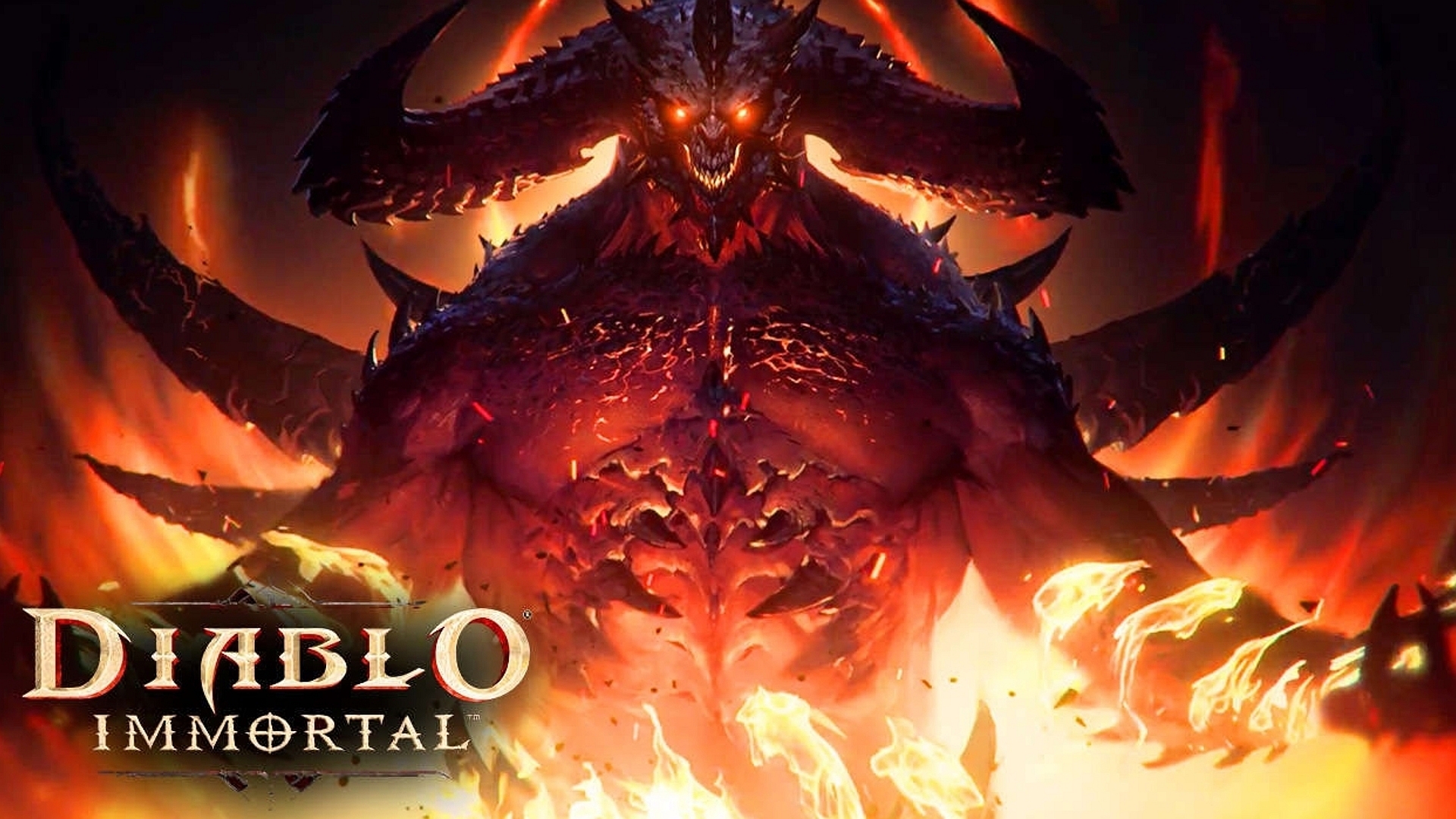Hollow Knight: Silksong, the long-awaited sequel to one of the most celebrated indie games ever, will release on September 4, 2025. The announcement was made during Gamescom 2025, barely two weeks before the game drops. For fans, it was cause for celebration. For developers, it was a scramble.
The timing sent shockwaves through the indie scene. Following the announcement, at least seven games delayed their launches. Some by weeks, some by months, and one indefinitely. The reason is no one wants to stand in Silksong’s shadow.
Why Silksong Warps the Market
Silksong isn’t just another indie release. It’s the sequel to Hollow Knight, a game that sold over 15 million copies. It turned Team Cherry, a small Australian studio into one of the most influential in modern gaming. That kind of legacy creates a lot of hype.
Indie games live and die by their launch week. They rely on word-of-mouth, streaming visibility, and coverage from a limited number of press outlets. When a cultural event like Silksong hits, it swallows that oxygen whole. One developer put it bluntly: releasing alongside Silksong is like “dropping your album on the same day as Taylor Swift.”
The List of Games Delayed
- Aeterna Lucis: Pushed all the way to 2026, citing both timing and lack of Switch 2 dev kits.
- Baby Steps: Now September 23, framed jokingly around its protagonist’s “allergy to hornets.”
- CloverPit: From September 3 to September 26, trading a clash for breathing room.
- Demonschool: Slid from September 3 to November 19.
- Faeland: Indefinitely delayed from its September 9 launch.
- Little Witch in the Woods: Moved from September 4 to September 15.
- Megabonk: Releasing September 18 instead of earlier in the month.
It’s rare to see so many studios reshuffle their plans around a single game. Especially when that game is made by an indie team with fewer than twenty employees.
Silksong’s Release Scrambles the Indie Game Calendar
Should Team Cherry have given the industry more warning? Polygon argued yes, noting that release strategies often take months of coordination. By waiting until two weeks before launch, Team Cherry unintentionally undercut smaller developers who couldn’t pivot fast enough.
Team Cherry doesn’t owe anyone else their schedule. If anything, the scramble proves just how much weight Silksong carries. As one analyst framed it, this is practically the GTA of indie games.
The Power of Silksong
The delays tell us something fundamental about how fragile the indie market really is. Success often hinges on timing. Miss the right window, and even a great game can vanish into obscurity. In that sense, these shifts aren’t just about avoiding Silksong. They’re about survival.
Hollow Knight: Silksong isn’t just a game release. It’s a marker of how far the indie scene has come. It also shows how its biggest names can shape the calendar. For some studios, delaying was about dodging a storm. For others, it was about making space to be seen. Silksong’s arrival underscores the fact that even in indie gaming, timing is everything.






